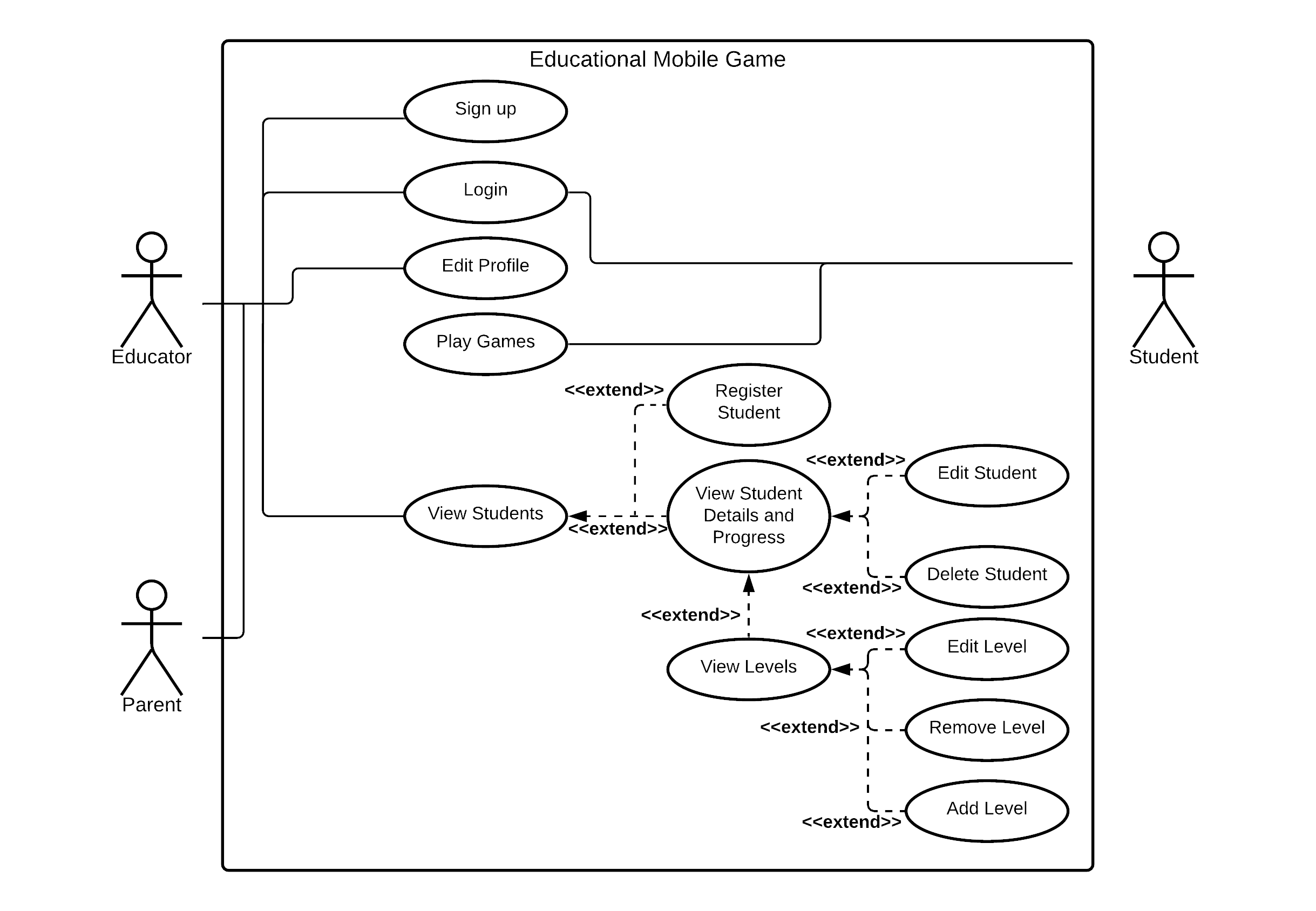While there has been significant progress Maltese education sector since the introduction of inclusive education, there still remain a number of concerns revolving around the challenges encountered by students with learning disabilities. [1]
Reasoning and interpretation of information is challenging for intellectually disabled children, and hence they would require direct teaching and assistance [2,3]. In view of possible deficiencies in communication skills, and language abilities related to vocabulary, sentence building, and understanding complex instructions, language learning is also a struggle. This causes a lack of proficiency and leads to low self-esteem in conversation and public speaking [2,3]. With the growth in technologies for impaired individuals, it is imperative that these be adapted for children with disabilities, and any applications utilised by such users must be designed accordingly, taking into consideration specific disabilities and requirements.
Since children with intellectual disabilities are familiar with and use smart technology on a daily basis, this research project involved supplying an educational digital game to teach Maltese to intellectually disabled children. The game was designed in such a way as to be accessible both within a classroom environment and in the comfort of the students’ homes. The project also consisted in evaluating the extent to which the game would effectively facilitate the language-learning process among users of varying intellectual disabilities, and at different levels of education, within a limited time span. Research on game-based learning, traditional teaching theories and strategies was duly undertaken in order to ensure that these elements would be applied effectively. Additionally, focused workshops were held with Learning Support Educators (LSEs) experienced in assisting children with intellectual disabilities. The aim of these workshops was to explore techniques for implementing these games and to discuss optimal design considerations.
A central challenge in developing such a game is motivating the users to make use of and enjoy the game in learning the language. The proposed solution included audio and visual aspects to help engage the users as effectively as possible. The text-to-speech functionality, as well as the different sounds played depending on users’ answers, provided an enhanced learning experience for students with intellectual disabilities. Moreover, drag-and-drop components and the possibility to collect rewards motivates students, stimulating them to learn further.
When pupils are presented with challenging activities beyond their capabilities, they tend to lose interest. Therefore, a further challenge in creating the game was taking into account the pace of learning of children with intellectual disabilities and their different learning abilities, all of which would affect the overall perception towards the game. The solution proposed enables educators to add levels and remove pre-existing ones to ascertain that the game provides activities that match the ability of the user.
The project entailed the adoption of an iterative software-development-life-cycle approach, through which wireframes were designed for requirements elicitation. Various prototypes were developed and amended upon processing the feedback from the participating educators. The LSEs made use of the system themselves and analysed their pupils while playing the game, observing their reactions and noting any progress made. A usability study and educator evaluation then followed, determining whether the game was indeed successful in achieving its objective of facilitating the teaching of Maltese.

References/Bibliography
[1] “Submission to the Committee on the Rights of Persons with Disabilities in Advance of Its Consideration of Malta’s 1st Periodic Report”, Malta, Feb. 2018. Accessed: Jan. 06, 2021. [Online]. Available: https://tbinternet.ohchr.org/Treaties/CRPD/Shared%20Documents/MLT/INT_CRPD_ICO_MLT_30550_E.docx
[2] M. Evely and Z. Ganim, Intellectual Disability (Revised). Australian Publishers Association, 2018.
[3] “Frequently Asked Questions on Intellectual Disability and the AAIDD Definition,” 2008. Accessed: Sep. 19, 2020. [Online]. Available: https://www.aaidd.org/docs/default-source/sis-docs/aaiddfaqonid_template.pdf?sfvrsn=9a63a874_2
Course: B.Sc. IT (Hons.) Computing and Business
Supervisor: Dr Peter Xuereb
